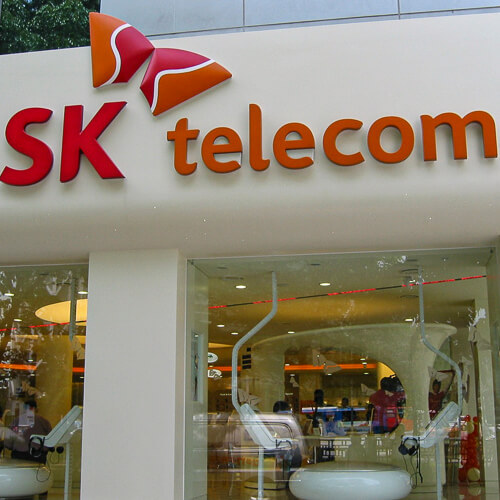SK Telecom is to spin off its non-core businesses to maximize the value of its chip and digital services investments.

SK Telecom is to spin off its non-core businesses to maximize the value of its chip and digital services investments.
The Korean operator said Wednesday the restructure would allow its businesses to be "properly valued" in the market.
Under the plan it would set up a holding company to contain its investment in memory chipmaker SK Hynix and its e-commerce, security and other businesses.
Figure 1:  Measure twice: SK Telecom is separating its telecoms business from the others.
Measure twice: SK Telecom is separating its telecoms business from the others.
(Source: Ryan Pikkel on Flickr CC2.0)
CEO Park Jung-ho foreshadowed the move at last month's AGM, saying it had been planned for some time.
"Our market cap does not properly reflect the value of our subsidiaries and businesses," he said.
Almost certainly one of the biggest drivers of the decision is SK Telecom's flat share price performance last year while the Korean index KOSPI gained a record 31%.
Looking at downsizing
SK Telecom, which has a market cap of around 22 trillion won (US$19 billion), is 27% owned by the SK Group, Korea's third largest chaebol.
SKT's biggest asset is world's number two DRAM maker, SK Hynix, in which it has a 20% stake. The chip firm has a market cap of 100 trillion won ($90 billion), making it the second largest stock on the KOSPI behind Samsung Electronics.
The spin-off company, which has made recent investments including Toshiba's memory business and Intel's NAND, would continue to invest in domestic and overseas chip companies, SKT said.
It would also seek IPOs for its digital businesses, which last year accounted for 24% of operating profit.
The IPO process is already underway for three subsidiaries – app store One Store, e-commerce firm 11 Street, and security company ADT Caps. These would become "life platform companies that offer services designed to enhance customers' convenience," SKT said.
Automate this
Late last year, SKT set up an urban mobility JV with Uber, combining the ride-share service with its T Map navigation app, which has around two-thirds of the local smartphone navigation market.
Uber has invested $100 million in T Map and $50 million in the new company.
For its core mobile and broadband business, SKT said it would put "AI technology at its core" as it sought to create new 5G revenue streams and expand cloud, data center and subscription-based services.
Interested in Asia? Check out our dedicated content channel here on Light Reading.
It said its mobile unit now has 47% of the 5G market with 6.35 million subscribers, while SK Broadband is Korea's number two ISP.
SK Telecom stock was up 2.39% Thursday and is 7.3% higher in the last five days on expectation of the split.
The company said it expected to complete the restructure this year after shareholder approval.
Related posts:
— Robert Clark, contributing editor, special to Light Reading
Read more about:
AsiaAbout the Author(s)
You May Also Like











